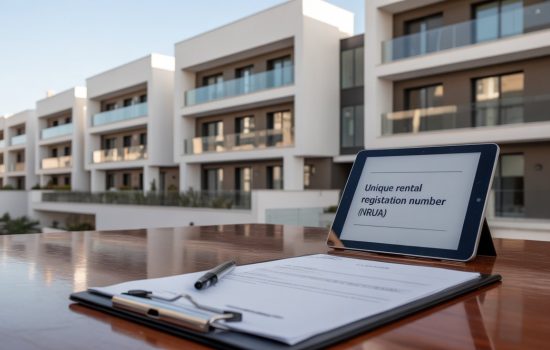
Are you thinking of moving to Spain? Before packing your bags, one of the smartest steps you can take is tax planning. Spain offers an excellent lifestyle, but also a complex tax landscape that can significantly affect your finances if you’re not prepared.
At Fuster & Associates, we’ve helped hundreds of expats legally optimize their move to Spain. Here’s what you must know before becoming a Spanish tax resident.
Why Tax Planning is Crucial
Moving to Spain without tax preparation can lead to:
- Double taxation on your worldwide income.
- Unexpected property and wealth taxes.
- Legal obligations to report overseas assets.
With early planning, these issues can be avoided.
Key Tax Rules Expats Must Understand
1. When do you become a tax resident in Spain?
You are considered a tax resident if:
- You live in Spain for more than 183 days per year, OR
- Your main economic or personal interests are in Spain.
As a resident, you’re taxed on worldwide income, not just Spanish earnings.
2. Spain has strict rules on foreign assets
Residents must file:
- The Modelo 720 to report foreign bank accounts, properties, and investments.
- Annual income tax returns, even if your income is earned abroad.
3. Spain taxes property, wealth, and inheritance
Spain applies:
- Wealth Tax (depending on your region and assets).
- Capital Gains Tax on property sales.
- Inheritance and Gift Tax, even for non-Spanish assets in some cases.
How to Prepare Before You Move
Steps You Should Take:
- Seek double taxation treaty advice: Check whether your home country has an agreement with Spain to avoid paying tax twice.
- Structure your income smartly: Consider trusts, company dividends, or pension strategies.
- Plan the timing of your move: Arriving mid-year may offer partial tax relief if planned correctly.
- Get your documentation ready: Legalize and translate key financial records before relocating.
- Talk to a local expert: Spanish tax varies by autonomous region, so personalized advice is essential.
Thinking of buying property in Spain?
Purchasing before or after becoming a resident can affect:
- Your tax liabilities.
- Deductions available on rental income.
- Capital gains exemptions.
Tax and real estate planning go hand in hand.
Start with Fuster & Associates
With over 25 years helping international clients, we combine legal, immigration, and tax planning services to ensure your move to Spain is safe and financially sound.
We want to help you navigate all the legal complexities that come to buying or selling a house in Spain, but this article is legal information and should not be seen as legal advice.
- View more post about: Fuster & Associates





